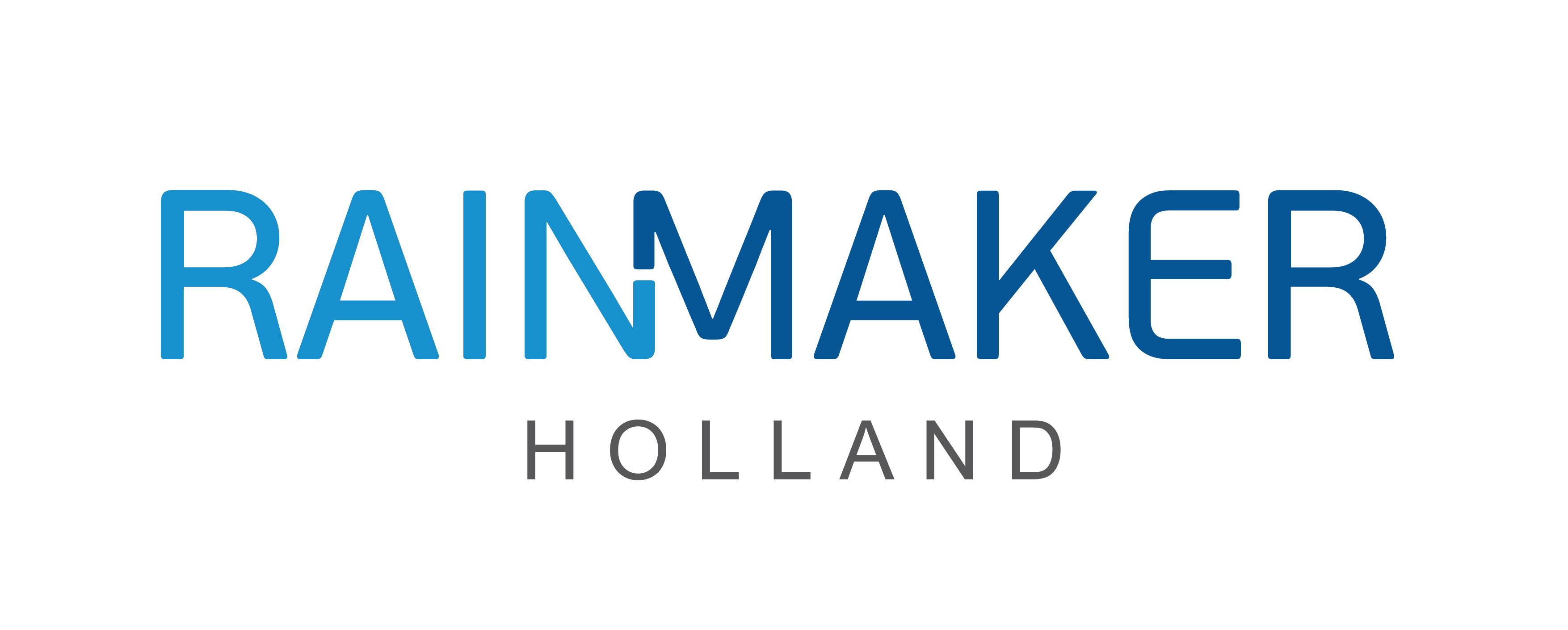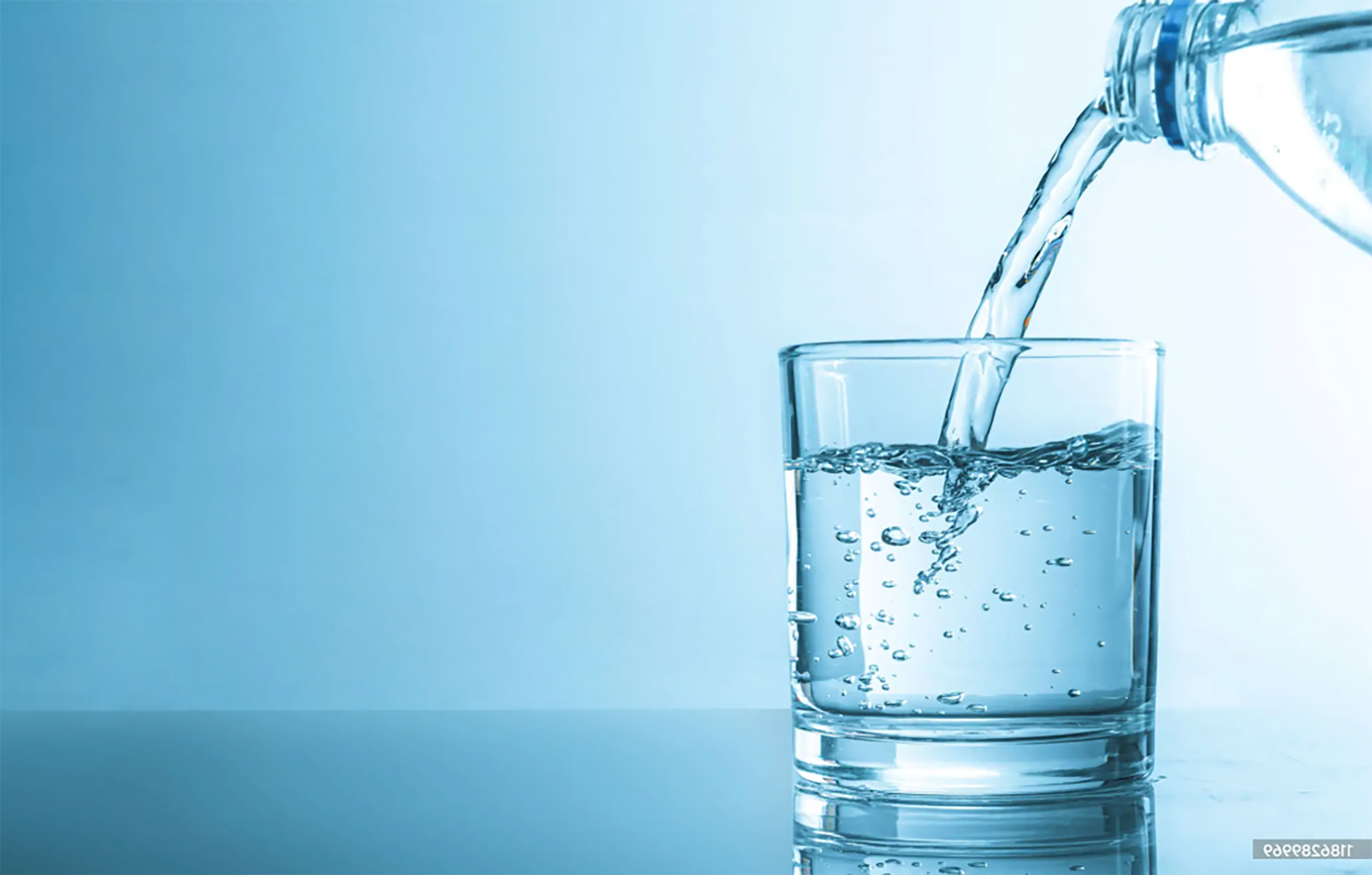Why Choose Us?
Rainmaker Holland provides innovative, energy-efficient water generation solutions that create clean drinking water from air and non-potable sources.
Our cost-effective, scalable, and eco-friendly water technology supports disaster relief, remote communities, agriculture, and off-grid industries worldwide. Trusted by governments, NGOs, and businesses, we deliver sustainable water solutions where they are needed most.
Sustainable & Cost-Effective Water Solutions
We specialize in innovative water generation systems that produce clean drinking water from air and non-potable sources. Our technology is energy-efficient, reducing operational costs and environmental impact.
Global Reach, Local Impact
From disaster relief to remote communities, we provide reliable water solutions worldwide. Our systems are designed to operate in diverse climates and conditions, ensuring access to clean water where it’s needed most.
Innovative & Scalable Technology
Rainmaker Holland’s cutting-edge water generation systems are modular, scalable, and adaptable to various industries, including humanitarian aid, agriculture, and off-grid communities.
Trusted Partner in Water Security
With years of expertise in water innovation, we collaborate with governments, NGOs, and businesses to create sustainable water solutions tailored to specific needs.
Trusted Partners, Proven Performance







Frequently asked questions
Explore our FAQ section to quickly find detailed answers to your most common questions. Should you have additional questions or require further assistance, please feel free to contact our team. Your journey toward a sustainable, water-secure future starts here.
What are the production capacities of Rainmaker systems?
Our Air-to-Water unit can produce up to 5,000 liters of drinking water per day under optimal conditions (approximately 28°C and 87% relative humidity), while our Water-to-Water unit is capable of producing up to 30,000 liters per day from local water sources. Actual output will vary based on environmental factors and feed water quality.
What energy sources can power Rainmaker systems?
Our systems are versatile and can operate off-grid using renewable sources such as solar (both photovoltaic and thermal) and wind, as well as waste heat from industrial processes. They are also compatible with local electricity grids or generator setups, offering clients a range of energy options tailored to site-specific needs.
How are costs structured for Rainmaker systems?
Our pricing is structured in two parts: Capital Expenditure (CAPEX) and Operational Expenditure (OPEX). CAPEX is based on a tailored business package considering the module type, installation specifics, and system lifetime (typically over a 10-year period). OPEX includes costs for maintenance and energy consumption, detailed on a per-liter basis. Clients receive a comprehensive breakdown during the proposal process.
What regulatory approvals and certifications do Rainmaker systems hold?
Our products comply with international drinking water standards, including those set by the World Health Organization (WHO). We have secured certifications from relevant authorities, such as Morocco’s ONEE, and support clients in obtaining any additional local approvals with detailed technical documentation.
How do environmental conditions affect system performance?
The performance of our Air-to-Water systems is highly dependent on ambient temperature and humidity. Under optimal conditions, production is maximized; however, performance can decline when conditions are less favorable (e.g., 15°C and 20% relative humidity). In contrast, our Water-to-Water system relies on the flow and quality of the source water.
How is the installation footprint determined?
The required installation area depends on the chosen module and energy source. For example, systems integrated with solar or wind energy may require additional space. Our team works closely with clients to design installation layouts that meet both technical requirements and local spatial constraints.
What are the maintenance requirements and associated costs?
Designed for minimal maintenance, our systems include remote monitoring for predictive maintenance. An annual service—covering filter replacements, cleaning of heat exchangers, and refrigerant checks—is recommended. Typically, annual maintenance costs range between €3,000 and €5,000 per machine, depending on usage and environmental factors.

Thank you for your interest
Don’t hesitate to reach out—you’re just one click away from a water-secure future.

